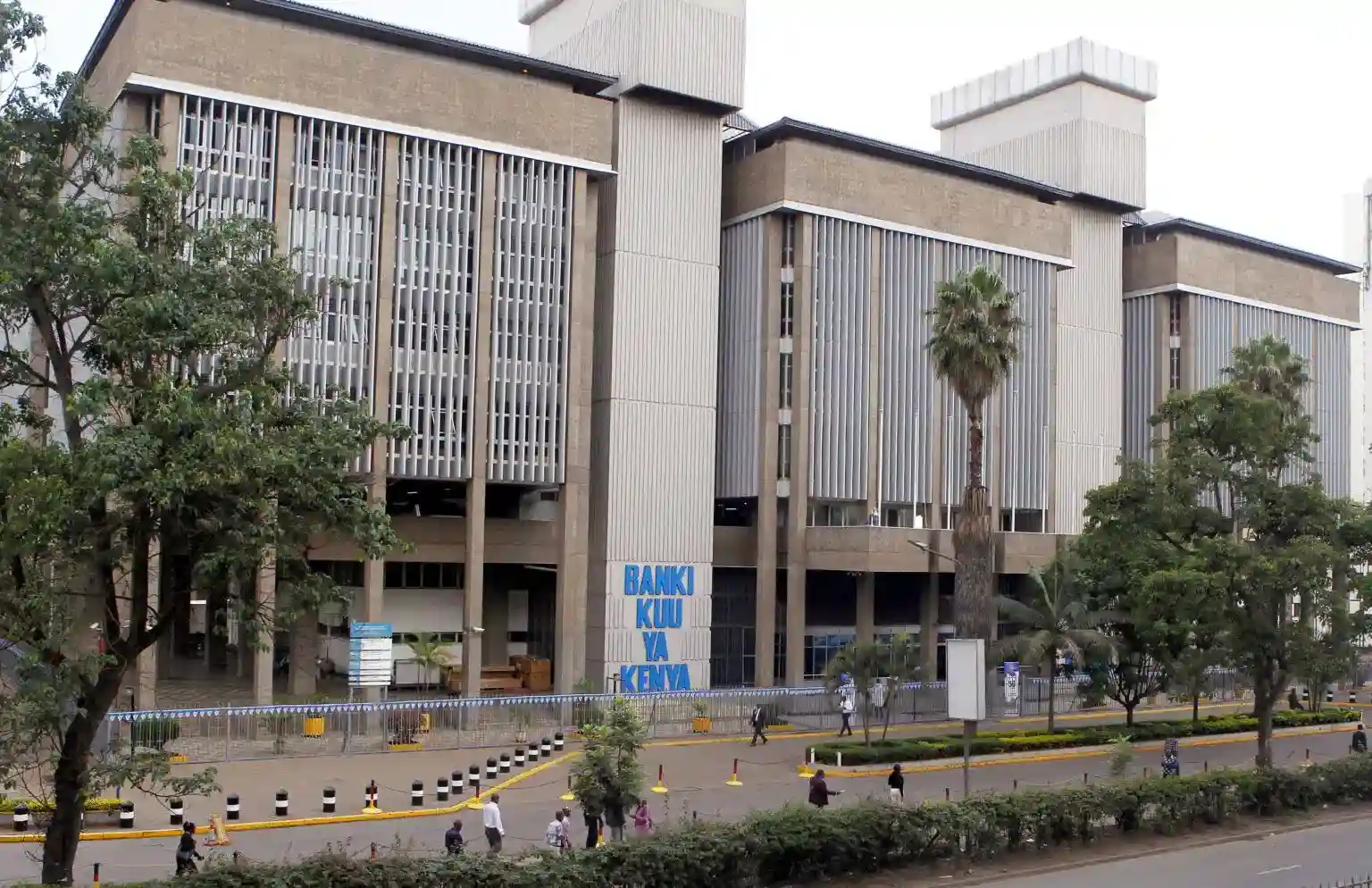CBK to roll out retail bond platform by June 2026

The platform will include a user-friendly interface, a retail depository, and streamlined payment and settlement systems.
The Central Bank of Kenya (CBK) has announced that a new digital retail bond system targeting the mass market will be operational by June 2026, in a bid to ease government reliance on foreign borrowing and mobilise funds locally.
The platform will include a user-friendly interface, a retail depository, and streamlined payment and settlement systems.
It has been designed with the capacity to process up to 40 million transactions at the same time, underscoring efforts to draw funds directly from ordinary Kenyans.
In the 2025/26 financial year, the government intends to raise Sh635.5 billion from domestic investors to plug a revenue deficit of Sh923.2 billion.
“We are just going through the procurement process now and I hope we will be able to complete it within this financial year and have that retail bond system in place. It’s just part of deepening the financial markets. Last year we funded the government to the tune of Sh850 billion, I don’t think we have ever done that before,” CBK governor Kamau Thugge said.
CBK acts as an agent of the National Treasury in managing debt auctions, and Thugge noted that attracting retail investors will be essential as the country faces hurdles in securing external financing.
The government’s $3.6 billion (Sh464.9 billion) programme with the International Monetary Fund was terminated early, while disbursement of a $750 million (Sh96.9 billion) loan from the World Bank has been delayed.
“The situation going forward is that Official Development Assistance is declining, and of course, we have had some challenges with some of our bilateral and multilateral partners, and there are difficulties in mobilising revenue. So, we need to have a deep market on which government can rely without driving up interest rates and crowding out the private sector,” Thugge said.
Kenya’s domestic debt currently stands at Sh6.16 trillion, with commercial banks holding Sh2.6 trillion, pension funds Sh1.7 trillion, and insurance firms Sh445 billion. This means nearly 77 per cent of the country’s domestic debt is concentrated among institutional investors.
The move to broaden access to bonds for ordinary citizens is not new. In March 2017, the government introduced M-Akiba, a tax-free three-year bond sold in units as low as Sh3,000 with a 10 per cent coupon.
The first issuance raised Sh150 million. Between 2017 and 2019, six rounds of M-Akiba were floated, with the most notable in June 2017 raising Sh247 million, though it fell short of the Sh1 billion target.
According to the 2025 Medium-Term Debt Management Strategy, the government intends to revive such retail issuances as part of its broader liability management plan aimed at cutting exposure to foreign currency-denominated debt.
